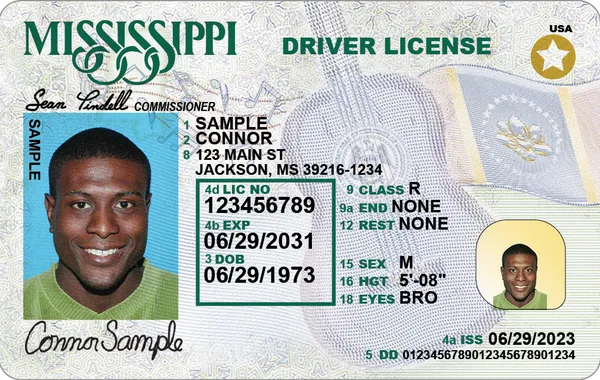Black Friday 2024 is set to take place on November 29th, traditionally following Thanksgiving Day, but the event now stretches far beyond just Friday. Many retailers begin offering online pre-sales and discounts at the start of the month, extending the highly anticipated occasion that signals the start of the holiday shopping season.
While Black Friday continues to be a cultural phenomenon, with traditions like family shopping trips, midnight sales, and even camping out outside stores, it’s certainly celebrating differently today. What began as a one-day event, with deals mainly coming out through the night between Thanksgiving and Friday, has now developed to encompass nearly all of November. Cyber Monday may have a role in this change, encouraging online shopping instead of fighting for the best deals in stores.
The rise of e-commerce has fundamentally reshaped the Black Friday experience. In 2024, online shopping will continue to take the spotlight, with many shoppers opting to skip the lines and shop from the comfort of their homes. Retailers have fine-tuned their online websites and apps to optimize convenience, and in many cases, it’s more efficient to shop online than to brave crowded stores. The digital shift also brings personalization to the forefront. Retailers are using AI and machine learning to tailor deals based on individual customer preferences, browsing history, and past purchases. Through targeted ads, personalized emails, and app notifications, the online shopping experience becomes increasingly customized.
Some critics have also pointed out that Black Friday deals have become less impressive in recent years, especially in brick-and-mortar stores. Nathan Yang, an assistant professor of marketing at Cornell SC Johnson College of Business, notes, “A lot of people have noticed that Black Friday deals, at least in physical stores, are not what they used to be.” He also says the pandemic played a key role in this shift, as retailers adapted to supply chain disruptions and financial losses by changing the way they stocked inventory. Now, there is less excess to be offloaded during the holiday shopping season, resulting in lessened discounts.
Black Friday will only continue to change going forward. This phenomenon not only reflects the current state of the retail landscape, but also shows broader trends in consumer behavior, technology, and the growing landscape of holiday shopping. So, whether you’re doing your holiday shopping online or in person, go out and get those deals!













